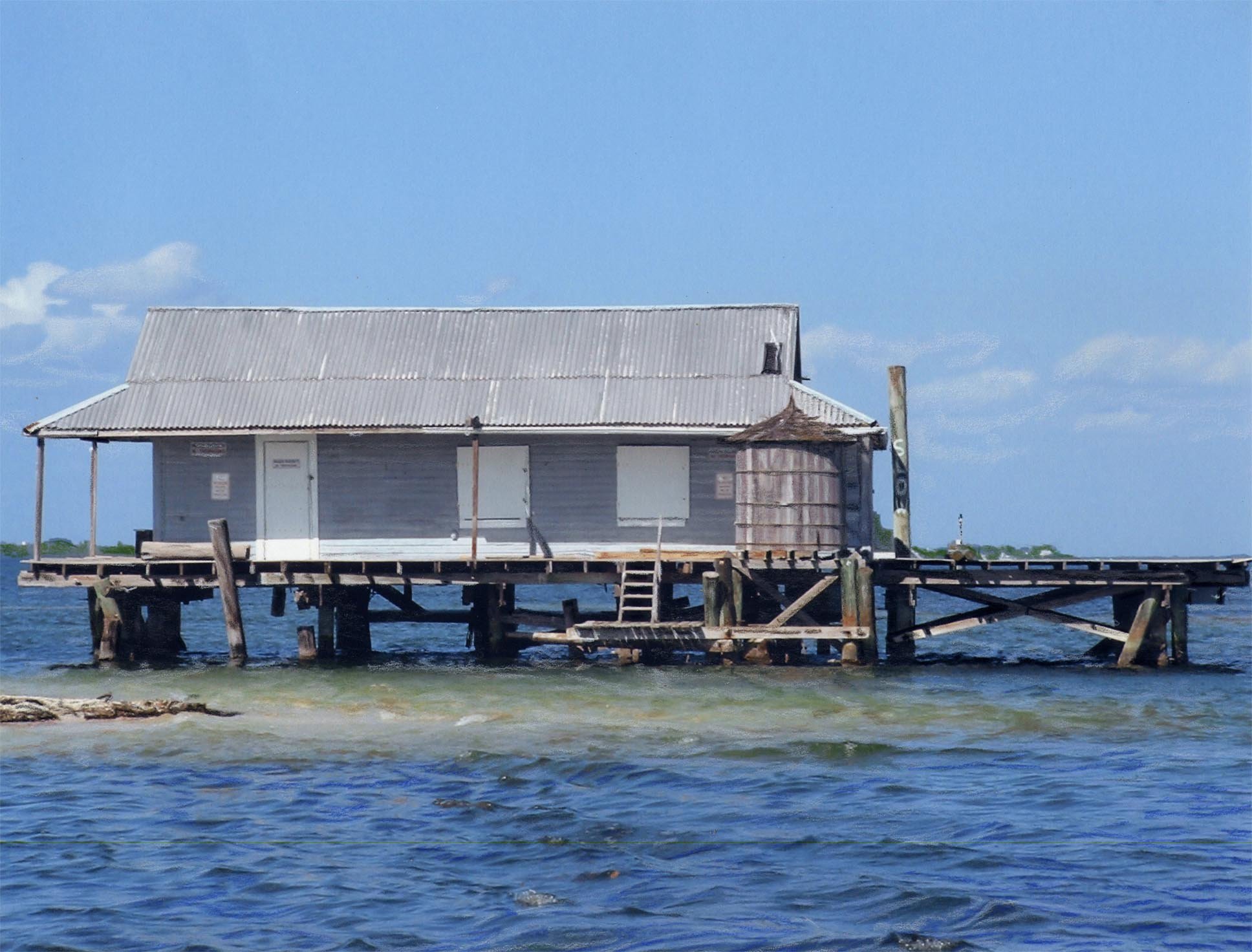Trade
Since this is a world populated by land-based sapient races, it stands to reason that there would be desire for trade between them. After all, there are probably some goods that your sea-folk can obtain easily which would be highly prized among land-dwellers (pearls, corals, exotic deep-sea fish). Since terrestrial creatures can't go underwater but amphibious creatures can live on land, any amphibious entrepreneurs looking to peddle their wares would probably set up trade booths on the coasts.
Technology
Where there is trading of goods, there is also trading of technologies.
While I would think that a primarily aquatic race would probably not invent fire or metalworking on their own, there's a good chance they would see the other races with their cooked food and their shiny forged metal swords, and decide they want the same privileges for themselves. Since fire doesn't work too well underwater, they would need to set up land-based kitchens and forges, probably alongside the trading booths.
Defense
With these trading booths being set up, you're going to need someone to guard your wares from folks who don't feel like paying for them. That means hiring guards. If you hire guards from terrestrial races (maybe by promising them wages of something valuable you don't keep in the storehouses), you're also going to need to set up some land-based dwellings for them to relax while they're off-duty. You're going to want to set up some crude walls or fences as well.
So your land-based villages would probably consist mainly of trading booths, storehouses, firepits, and guard houses. The race's relationship with land-based species would probably be highly trade-oriented, which makes things even more interesting if there is maritime trade between continents. Maybe the amphibians will demand a tax for safe passage through their waters, and punish those who shirk on their payment by poking holes in their ships or siccing sea monsters on them, and stealing the wares from the sunken vessels for resale on their own terms.

